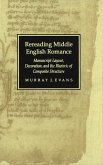
eBook, PDF
28. August 1995
McGill-Queen's University Press
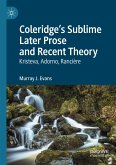
Broschiertes Buch
Kristeva, Adorno, Rancière
2023
18. Juni 2024
Palgrave Macmillan / Springer International Publishing / Springer, Berlin
978-3-031-25529-8
Gebundenes Buch
Kristeva, Adorno, Rancière
2023
18. Juni 2023
Palgrave Macmillan / Springer International Publishing / Springer, Berlin
978-3-031-25526-7
eBook, PDF
17. Juni 2023
Springer International Publishing
Ähnliche Artikel
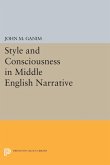
25,95 €
Sofort per Download lieferbar
eBook, PDF
14. Juli 2014
Princeton University Press
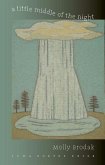
16,95 €
Sofort per Download lieferbar
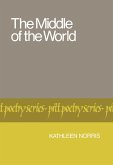
11,95 €
Sofort per Download lieferbar
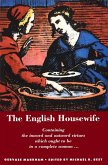
21,95 €
Sofort per Download lieferbar
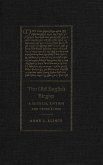
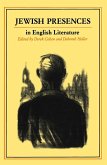
eBook, PDF
1. September 1990
McGill-Queen's University Press
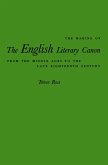
eBook, PDF
20. Mai 1998
McGill-Queen's University Press
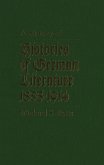
eBook, PDF
5. August 1993
McGill-Queen's University Press
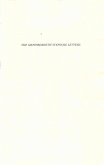
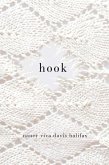
14,95 €
Sofort per Download lieferbar
Ähnlichkeitssuche: Fact®Finder von OMIKRON
